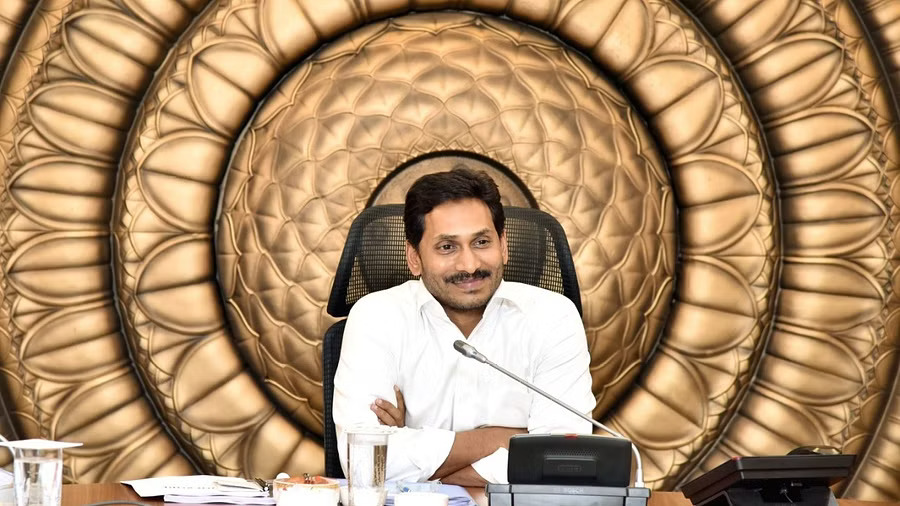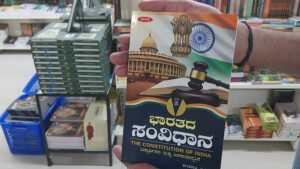The decision by the Jagan Mohan Reddy-led government in Andhra Pradesh to join the “caste census bandwagon” represents a significant step in recognizing the importance of gathering comprehensive data on caste demographics in India. Caste-based data collection can have far-reaching implications for social and economic policy, and it has been a subject of debate and discussion in the country for years.
Key points to consider in this context:
- Caste Data for Policy Formulation: Gathering caste-based data provides valuable insights into the socio-economic conditions of different caste groups. It can help policymakers formulate more targeted and effective policies and programs aimed at addressing historical disadvantages and promoting social equity.
- Controversy and Debate: Caste-based data collection has been a topic of controversy and debate in India. Critics argue that it can perpetuate caste identities and divisions, while proponents believe that it is a necessary step to ensure the upliftment of marginalized communities.
- State Initiatives: Several Indian states have already conducted or expressed interest in conducting caste-based surveys to assess the socio-economic status of various caste groups. These initiatives aim to gain a more accurate understanding of the socio-economic landscape within the state.
- Data for Affirmative Action: Accurate data on caste demographics can play a crucial role in the implementation of affirmative action policies, such as reservations in education and employment, which are intended to benefit historically disadvantaged communities.
- National Perspective: While states have taken the lead in conducting caste-based surveys, there is an ongoing discussion about the possibility of a comprehensive caste census at the national level. Such an effort would provide a more comprehensive understanding of the diverse caste landscape across India.
In conclusion, the decision by the Jagan Mohan Reddy government in Andhra Pradesh to participate in the “caste census bandwagon” is in line with the broader movement to gather comprehensive data on caste demographics. Accurate information on caste groups can contribute to informed policy decisions and the effective implementation of affirmative action measures aimed at reducing historical disparities and promoting social justice. However, this move also reflects the complexity and sensitivity surrounding caste-based data collection in India, and it is important to handle such information with care and responsibility.
Sponsored
FACTS Transcripts
Apply for a University document anywhere
https://www.factstranscript.com
Quick Transcripts for popular Universities, check your University name now and get started. We help you to get your transcript application online which is accepted for use of IRCC.
No DD, NO Paperwork. 100% Authentic, Reliable.
FACTS Transcripts Charges · Reviews · Assam Universities · Home · Know your University










